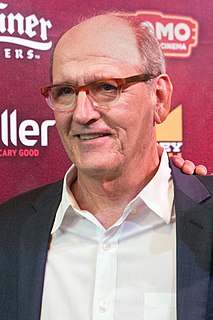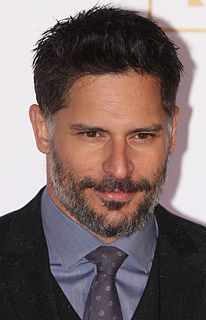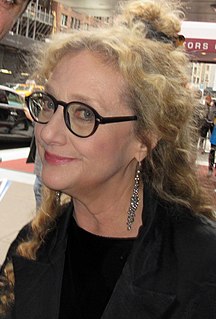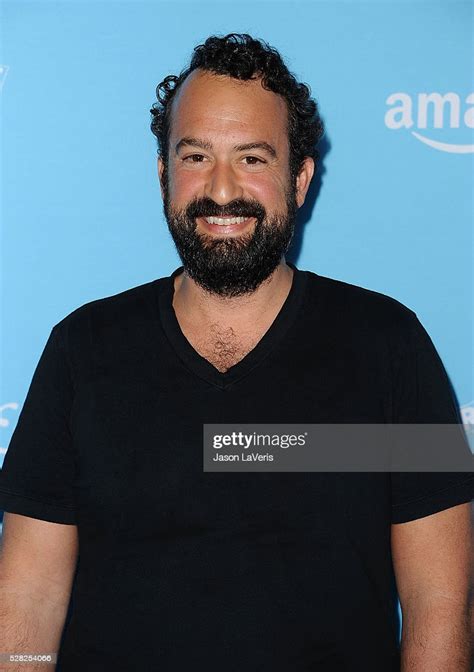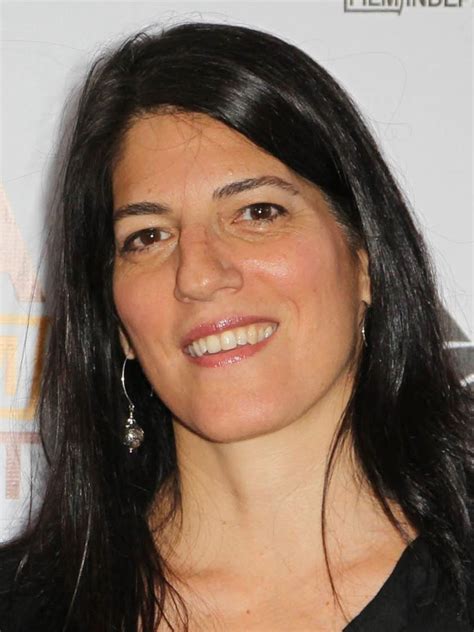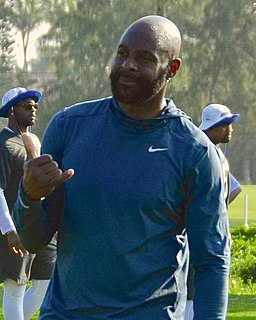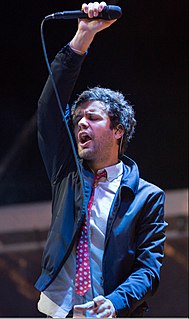A Quote by Barbra Streisand
It always gave me the creeps when I saw performers who desperately wanted the audience to like them. That's not what I'm about.
Related Quotes
I've always believed that a good twist is one that, when it is presented to the audience, half of them say, 'I saw that coming.' And half of them are completely and totally shocked. Because if you don't have the half that saw it coming, then it wasn't fair: You never gave the audience a chance to guess it.
David Ayer was put on my map, at that point, and I always kept note and clocked his career. When he started directing, I saw Harsh Times, I saw Street Kings and I saw End of Watch. I gave my agents a list of directors that I wanted to work with, and at the top of that list was David. I wanted to have that experience.
I wasn't able to articulate it until after audience members gave feedback. And then, similarly, when we talked about the bromance being unique, I don't think Mark, Jay, and I really saw how special that aspect of that bromance was until our audience members sort of gave us feedback and let us know, "Hey, we've never seen a bromance like this before on television."
It's always been important to me to be very upfront with people about the fact that I do identify as a feminist because it's an opportunity to expose people to and educated them about the movement. Young women don't identify as feminist is because they don't know any feminists and don't have a comprehensive understanding of what it is, I gave them example and an opportunity to ask about it. And once they saw that I wasn't the embodiment of the negative feminist stereotype - that I was a normal teen girl just like them - I think they became more open to learning about what feminism really is.
I think just what my parents instilled in me was hard work and being able to always go out there and focus and be 100%. I took that work ethic into the NFL and everyday I always gave 100% and never wanted anything to be handed to me. I wanted to earn it. And every time I stepped on that football field during practice I wanted to leave that football field with learning something about what the practice was about for me that day...
I just desperately wanted to be happy again in a way that wasn't forced. I wanted to feel like I accomplished something. I did this. I finished this record. I'm doing all the promo. I'm doing everything that I said I was going to do. I really wanted to be happy and normalized and I was tired of people saying I was volatile. I'm not. I'm a pretty normal person. I have problems like anyone else but I've worked so hard to be OK and I don't think that I gave myself enough credit for that.






